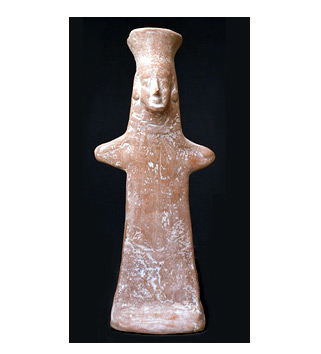Today, now, this is when
we can meet the Friend,
now, as the sun comes up.
...
Now Shams comes along, a walking fire
beyond anything I can say.
from Ghazal 448, via Coleman Barks & Nevit Ergin
It seems that Ayaan Hirsi Ali has proven to be the Shams of today, setting some on fire but turning others away in fear. James Button for smh writes a fitting farewell for her here:
Too hot for Holland: Islam critic moves onI've just finished reading Cheryl Benard:
Veiled Courage: Inside the Afghan Women's Resistance. I was moved especially by two simple comments from Afghan women interviewed:
But here, the differences that exist between men and women are so enormous. We are the prisoners of men. Against their abuses, we cannot even say a word.
To women in another country who might read your book, I want to say this: Whatever you have heard about Afghanistan is only a fraction of what we go through. Each one of our days is more bitter than you can even imagine. Under the fundamentalists, a woman is less than a bird in a cage. A bird at least is allowed to sing, but according to them, it is a sin for anyone even to hear our voice.
I will be taking a greater interest in
RAWA in the days to come. I'm impressed by an impassioned plea from Mehmooda that
Defense of Abdul Rahman Misses the Mark! She wants to see more attention paid to the injustice that allows mass murderers to rule in Kabul. She lists local grievances. She doesn't understand the mindset in the West that can so readily focus on the plight of a single individual. I don't have ready answers to all this but I am moved to try to find some.
I've also recently finished reading David Cook:
Understanding Jihad. The entire first chapter is provided here:
QUR'AN AND CONQUEST. Cook's main conclusion is that violent jihad has strong roots in Islamic tradition, not only in the sacred central text of the Qur'an, as well as in the hadith collections and books of interpretation and law, but also in the history of actual practice of Islam over the last 14 centuries.
I do differ from Cook on the issue of conversion to Islam. I would take a stronger line than he does. Here is a key passage I would take issue with (my emphasis):
In addition to the apocalyptic and messianic goals of the jihad, there are also the goals of spreading Islam. Although Islam was not spread by the sword, as is commonly imagined, conquest and jihad created the preconditions for conversion, and conversion or proclamation was one of the goals of the jihad. An early tradition describes the limits of fighting:
I was ordered to fight people until they say: "There is no god but Allah." When they have said that, then their blood and their property is protected from me, solely by reason [of saying it], and judgment upon them is in the hands of Allah.
It really really beats me how Cook can quote that hadith in the same breath as denying that Islam was spread by the sword. What could be clearer? The only way to obtain any relief from the menace of fighting Muslims, wielding swords in those days, was to affirm the Islamic faith. That affirmation is all it takes to become a Muslim, to convert to the religion. It seems very simple to me. People were offered the choice: convert or die. How is that
not spreading Islam by the sword?
I also believe that RAWA is failing to understand that the roots of the violence against women in Afghanistan is Islamic and not merely the fault of the fundamentalist fringe. Until these women understand this, they will not make real progress. They are learning to read and write and that is an important first step. But, in my view, they need to go further.
And this is where I get back to Ayaan Hirsi Ali. She is clearly and adamantly anti-Islam, anti-Koran, and anti-Mohammad. That view is heartily embraced by conservatives but not yet clear to the liberals or "lefties". I'm normally pretty left in my politics but, on this issue, I've crossed the floor and am with the right.
Theologically, I'm with Shams and his lover Rumi. God is a Friend that is close to us and present in every moment of every day. God is not some transcendent being accessible only to holy prophets or popes. God was accessible to ordinary people through an ordinary man when Jesus saw the light and expressed it in His own life. I'm convinced that Rumi saw this clearly, that Shams saw it too. Both also saw an important spiritual message in the Qur'an but it was overlaid by a lot of garbage as well. Rumi tried, through his poetry, to bring forth a clearer cleaner spring of living water. It is still tainted here and there by Islamic mud but it usually does run clear and bright.
From Rumi also I will take the idea of working through poetry but as a partner to prose not as my sole medium. May prose and poetry together allow me to grow as a revolutionary woman.




